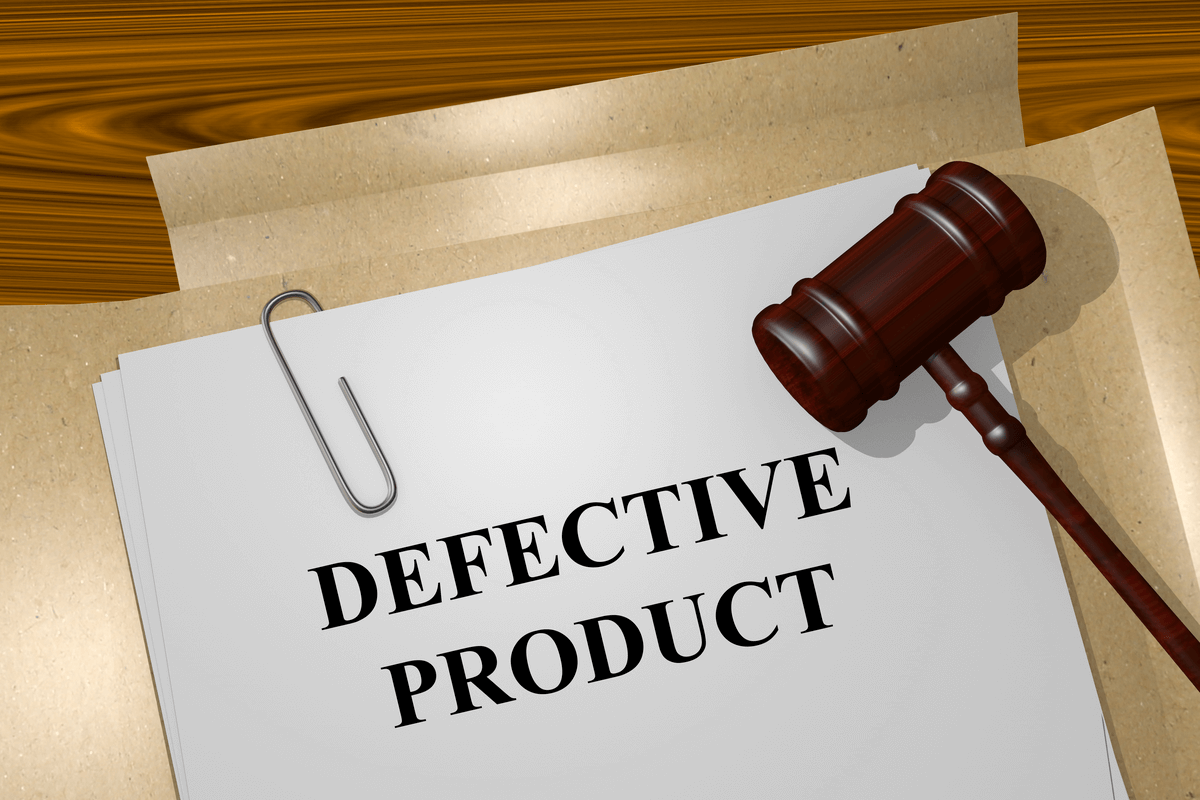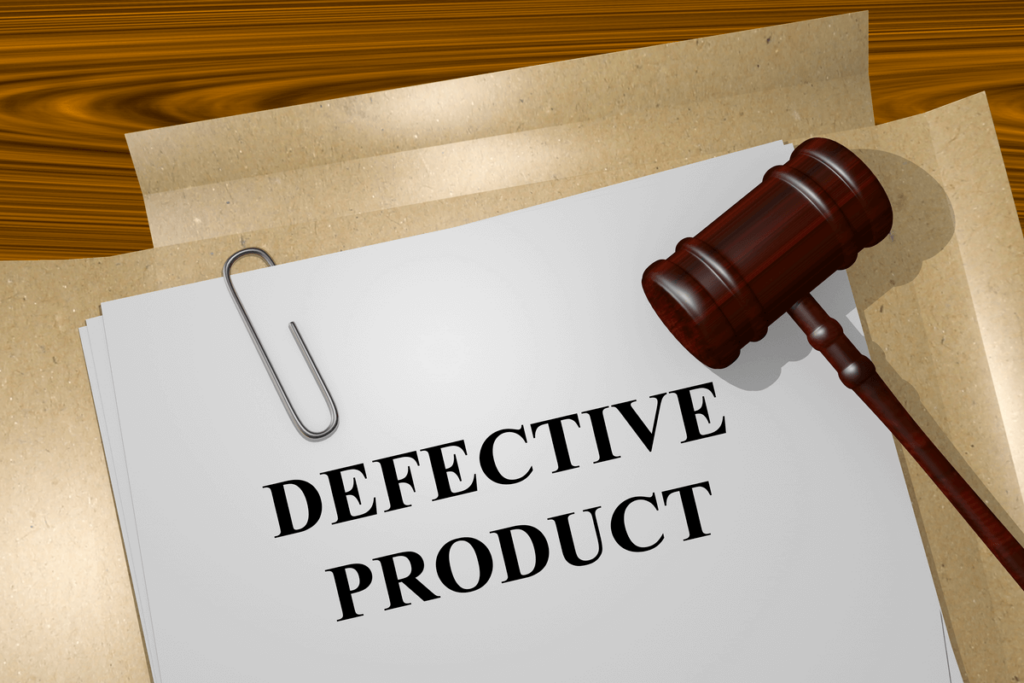
Dangerous & Defective Products: When to File a Lawsuit
Every year, countless consumers suffer injuries due to dangerous and defective products. From faulty medical devices to malfunctioning household appliances, these defects can lead to severe consequences, including long-term injuries, financial burdens, and even loss of life. If you or a loved one has been harmed by a defective product, understanding your legal rights is crucial. In such cases, filing a lawsuit may help you secure compensation for medical expenses, lost wages, and emotional distress.

Content
What is a Defective Product?
A defective product is any consumer good that poses an unreasonable risk of harm due to flaws in its design, manufacturing, or marketing. The three main types of product defects include:
- Design Defects – Flaws inherent in the product’s blueprint, making it dangerous even when manufactured correctly.
- Manufacturing Defects – Errors occurring during production, causing the product to deviate from its intended design.
- Marketing Defects – Inadequate instructions, improper labeling, or failure to warn consumers about potential dangers.
When Can You File a Lawsuit?
If you have been injured by a defective product, you may be entitled to compensation by filing a product liability lawsuit. Here are key situations when legal action is warranted:
- You Sustained an Injury – Simply purchasing or using a defective product is not enough to file a lawsuit. You must demonstrate that the defect directly caused your injury.
- The Product Was Used as Intended – If the product was being used in a way that aligns with its intended purpose and still caused harm, you may have a valid claim.
- The Product Had a Defect – The burden of proof lies in showing that the product had a design, manufacturing, or marketing defect.
- There Was No Adequate Warning – If a manufacturer failed to provide sufficient safety warnings or instructions, and you were injured as a result, you may have grounds for a claim.
To learn more about the legal options available to victims of defective products, visit More 2 You Law, P.C..
Types of Defective Product Cases
Many types of defective products have led to lawsuits, including:
- Defective Medical Devices – Faulty pacemakers, hip implants, and surgical tools can cause life-threatening complications.
- Dangerous Pharmaceuticals – Medications with undisclosed side effects or improper testing can lead to severe health risks.
- Auto Defects – Brake failures, airbag malfunctions, and tire defects can result in catastrophic accidents.
- Household Appliances – Defective electronics, space heaters, and kitchen devices may lead to burns, shocks, or fires.
- Children’s Products – Poorly designed car seats, cribs, and toys can cause serious injuries to young children.
For detailed legal guidance on defective product claims, visit the Product Defects Practice Area of More 2 You Law, P.C.
Who Can Be Held Liable?
Several parties may be held responsible for a defective product, including:
- Manufacturers – The company that designed or produced the faulty product.
- Retailers – Stores that sell dangerous or defective goods can be held liable.
- Distributors – Companies that transport or market hazardous products may share responsibility.
Steps to Take After an Injury from a Defective Product
If you’ve been harmed by a dangerous product, follow these steps to strengthen your legal claim:
- Seek Medical Attention – Your health should be the top priority.
- Preserve the Product – Do not dispose of the defective item, as it serves as key evidence.
- Document Everything – Take photos of injuries, medical records, and the product’s packaging.
- Report the Issue – Notify the manufacturer or the Consumer Product Safety Commission (CPSC).
- Consult an Attorney – An experienced product liability lawyer can help you pursue a claim effectively.
Final Thoughts
Filing a lawsuit against a manufacturer or distributor of a defective product can be complex, but it is often necessary to obtain justice and prevent further harm to other consumers. If you believe you have a case, consider reaching out to an experienced attorney who specializes in product liability claims.

I am a forex trader and I blog about my adventures in the world of foreign exchange. Forex trading is not for everyone, but it has been one of the most interesting ventures that I have embarked on so far. It’s like walking through an old haunted house; you don’t know what you’re going to find next!
